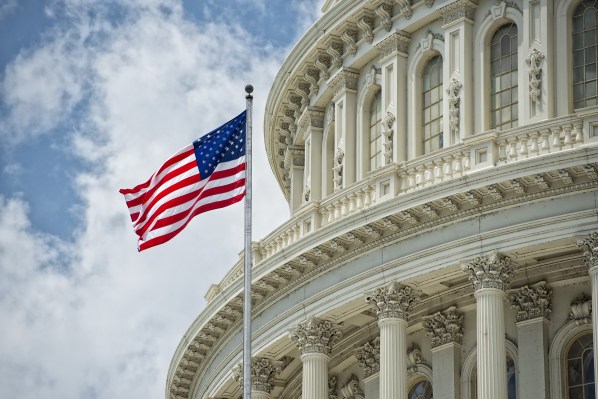Senators and House representatives this week are calling on Congress to act on bills that would limit location tracking and phone surveillance after the Supreme Court decided not to hear a cell phone case earlier this week.
The justices on Monday declined to review a federal court’s decision from earlier this year that police do not need a warrant to seize and search cell phone records that reveal a person’s location. That decision prompted privacy hawks on the Hill to reintroduce proposals, elevating the issue of cell phone tracking.
One bill comes from Senator Al Franken, a Democrat from Minnesota. Franken’s bill targets so-called “stalking” apps that abusers exploit to track the locations of victims. Franken’s bill would also require companies to obtain permission from consumers before they collected location data from them, as well as permission to share that data with third parties.
“My common sense bill will help a whole range of people affected by cyberstalking, including survivors of domestic violence, and it would finally outlaw unconscionable—but perfectly legal—smartphone apps that allow abusers to secretly track their victims,” Franken said in a news release this week. “My legislation doesn’t just protect victims of stalking, it would also give consumers more control over their very sensitive location data, allowing them to decide which companies can collect and share their location.”
Senator Ron Wyden, a Democrat from Oregon, also used the news of the Supreme Court decision to spotlight his GPS Act, which he has co-sponsored with Republican Congressman Jason Chaffetz. The bill would clarify how law enforcement agencies can use data without a warrant.
“It’s clear the courts won’t resolve this question any time soon, so Congress needs to step up and make sure that Americans’ cell phones aren’t being used as warrantless government GPS trackers,” Wyden said in a news release. “There shouldn’t be any question: The government needs to get a warrant whenever it wants to track Americans electronically, be it by phone, Stingray, or any other device.”
In addition to the senators’ bills, a group of lawmakers on the House Oversight Committee sent a letter demanding that federal agencies disclose how they use Stingray technology. Stingray devices act like cell phone towers and then allow law enforcement to collect information transmitted from mobile phones without warrants. Though the Department of Justice and Department of Homeland Security have reformed their Stingray practices and now require warrants in many instances, other federal agencies have not. Local law enforcement also uses the technology, often without warrants depending on local jurisdictions’ policies.
The lawmakers sent letters to 24 agencies, even the National Science Foundation. They likely sent the letter to a comprehensive list because of reports that many government agencies are exploring uses for Stingray technology. The Guardian recently exposed the IRS as possessing the technology.
“As it was with DOJ and DHS before those agencies issued department-wide policies governing use of the devices, the Committee is concerned that other federal agencies may be governed by a patchwork of policies,” the committee wrote. “Those policies may permit the use of cell-site simulator devices through a lower standard than a search warrant obtained after a showing of probable cause.”
The Supreme Court passing on this issue means cell phone tracking reform now is volleyed to Congress, where it will have to maneuver through mounting gridlock. Though this week’s Supreme Court decision prompted more calls for action in Congress, it’s unlikely it will be tackled in a meaningful way until next year.
